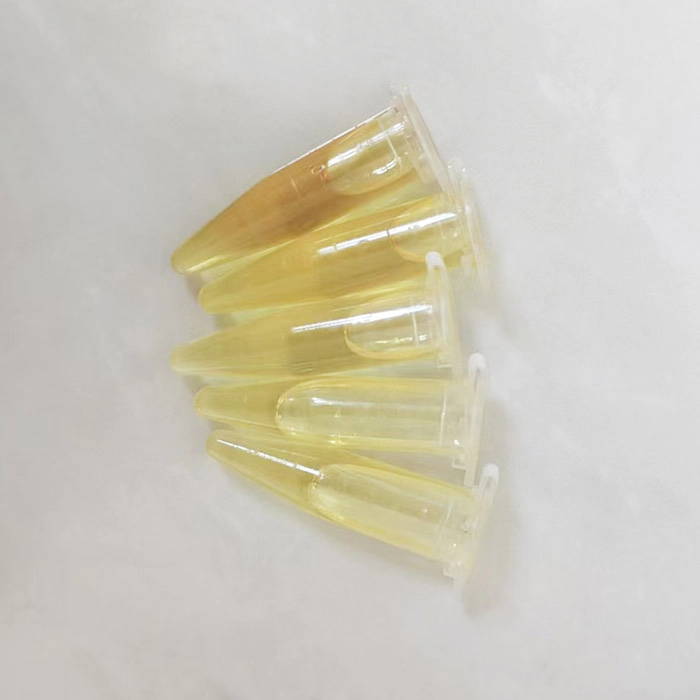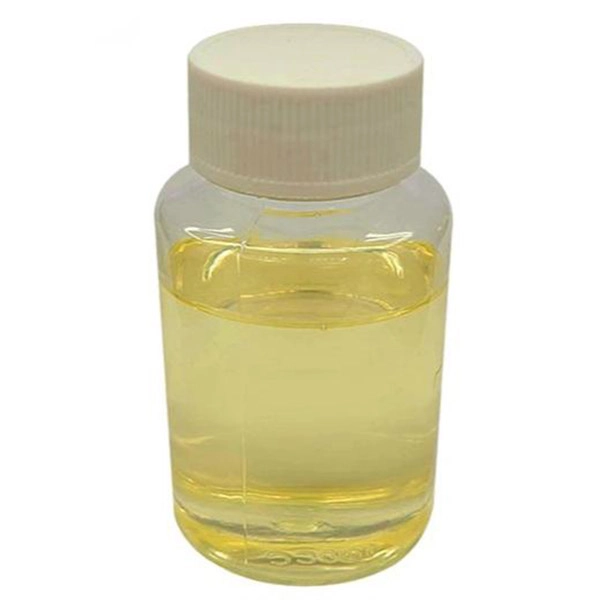+86-15212299029
- All
- Product Name
- Product Keyword
- Product Model
- Product Summary
- Product Description
- Multi Field Search











Content Menu
>> Shelf Life of Vitamin E Oil
>> Factors Affecting Shelf Life
● How to Tell if Vitamin E Oil Has Gone Bad
● Tips for Storing Vitamin E Oil
Vitamin E oil is a popular supplement known for its antioxidant properties and benefits for skin health. However, like many natural oils, it has a shelf life and can go bad if not stored properly. In this article, we will explore the factors that affect the longevity of vitamin E oil, how to tell if it has gone bad, and tips for proper storage to maximize its shelf life.

Vitamin E is a fat-soluble vitamin that plays a crucial role in maintaining healthy skin and eyes, as well as supporting the immune system. It is commonly found in various foods, including nuts, seeds, and green leafy vegetables. Vitamin E oil is often extracted from these sources and used in skincare products, supplements, and cooking oils.
Vitamin E oil is celebrated for its numerous health benefits, including:
- Antioxidant Properties: It helps neutralize free radicals, which can damage cells and contribute to aging.
- Skin Health: Vitamin E oil is often used to moisturize the skin, reduce scars, and improve overall skin texture.
- Hair Care: It can promote hair growth and improve scalp health.
- Wound Healing: Some studies suggest that vitamin E may aid in the healing of minor wounds and burns.
The shelf life of vitamin E oil can vary depending on several factors, including the type of oil, how it is processed, and how it is stored. Generally, vitamin E oil has a shelf life of about 1 to 3 years when stored properly. However, this can be extended if the oil is kept in optimal conditions.
1. Storage Conditions: Vitamin E oil should be stored in a cool, dark place away from direct sunlight and heat. Exposure to light and heat can accelerate the oxidation process, leading to rancidity.
2. Container Type: The type of container used can also impact the oil's longevity. Dark glass bottles are preferable as they protect the oil from light exposure. Plastic containers may not provide the same level of protection and can leach chemicals into the oil over time.
3. Purity and Additives: Pure vitamin E oil without additives tends to have a longer shelf life. Oils that contain other ingredients may have a shorter shelf life due to the stability of those additional components.
1. Odor: Fresh vitamin E oil has a mild, nutty scent. If the oil smells rancid or off, it is likely spoiled and should not be used.
2. Color Change: Vitamin E oil is typically a clear to light yellow color. If it becomes darker or cloudy, this may indicate oxidation or contamination.
3. Texture: If the oil feels sticky or has developed a thick consistency, it may have gone bad.
4. Taste: While not a common method for checking oil quality, if you taste the oil and it has an unpleasant or bitter flavor, it is best to discard it.
Most vitamin E oils will have an expiration date printed on the label. While some oils may still be effective for a short period after this date, it is generally advisable to adhere to the expiration date for safety and efficacy.
1. Keep it Cool: Store vitamin E oil in a refrigerator or a cool, dark cupboard to slow down the oxidation process.
2. Use Dark Glass Bottles: If you purchase vitamin E oil in a clear bottle, consider transferring it to a dark glass bottle to protect it from light.
3. Seal Tightly: Always ensure the cap is tightly sealed after each use to minimize exposure to air.
4. Avoid Contamination: Use clean utensils when dispensing the oil to prevent introducing bacteria or other contaminants.
5. Check Regularly: Periodically check the oil for any signs of spoilage, especially if it has been stored for an extended period.
Vitamin E oil is a valuable addition to your skincare and health regimen, but it is essential to be mindful of its shelf life and storage conditions. By understanding how to properly store vitamin E oil and recognizing the signs of spoilage, you can ensure that you are using a product that is both safe and effective.

1. How long does vitamin E oil last?
- Vitamin E oil typically lasts between 1 to 3 years when stored properly.
2. Can I use vitamin E oil after the expiration date?
- While it may still be effective shortly after the expiration date, it is best to check for signs of spoilage before use.
3. What should I do if my vitamin E oil smells bad?
- If the oil has an off or rancid smell, it is best to discard it.
4. Is it safe to use vitamin E oil on my skin?
- Yes, vitamin E oil is generally safe for topical use, but always perform a patch test first to check for allergic reactions.
5. Can vitamin E oil be used in cooking?
- While some people use vitamin E oil in cooking, it is primarily used for its health benefits in skincare and supplements. Always check the label for cooking suitability.
Hot Tags: China, Global, OEM, private label, manufacturers, factory, suppliers, manufacturing company



